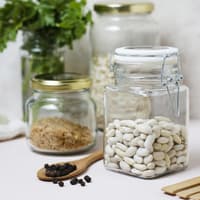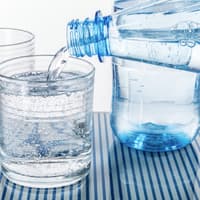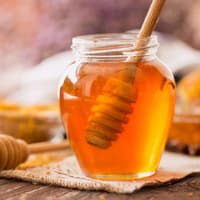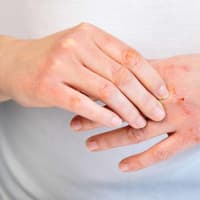
Even rice has a diuretic effect
Tomatoes, cucumber, avocado, horseradish, savoy cabbage, red cabbage, fennel, cress, celery, parsnips, carrots and onions activate the excretion of water via the kidneys - albeit to a lesser extent than asparagus. Sweet cherries, grapes, watermelon and the acidic fruits grapefruit, lime and orange also have a diuretic effect on many people. Even rice has a diuretic effect on many people.
Be careful with coffee and alcohol
It is also well known that coffee and both green and black tea put pressure on the bladder. Alcoholic drinks also promote the release of water in the body. Caution is also advised with drinks that contain a lot of sugar. Not only green and black tea influence the water balance, but also herbal teas with nettle, birch or mate promote urine production.
However, experts advise not to restrict yourself too much when choosing foods. Otherwise you will miss out on important vital substances and risk malnutrition. Therefore, don't give up fruit and vegetables completely, even if they activate urination a little. The diuretic effect can usually be controlled well if such foods are eaten in moderation.
Get active against bladder weakness
Instead of holding back too much when eating and drinking, those affected should actively tackle their bladder weakness. To do this, the doctor must first make an accurate diagnosis. Medication can often at least alleviate the problem. For women with pelvic floor weakness, targeted training is worthwhile to relieve the bladder.






